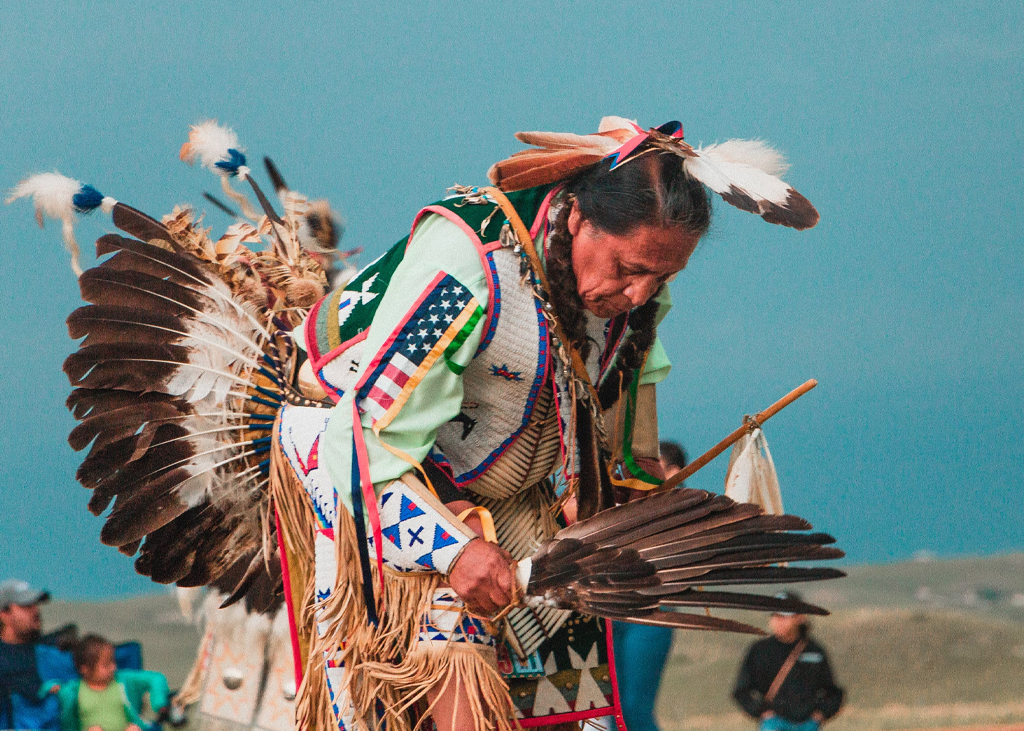It is important to recognize the contributions and experiences of Lesbian, Gay, Transgender, Queer, Intersex, Asexual and Two-Spirit (LGBTQIA2S+) individuals of Indigenous communities. Indigenous people in the United States include American Indians and Alaska Natives (AI/AN), the people of tribes and nations native to the land. LGBTQIA2S+ Indigenous people form a unique, often overlooked population. Two-Spirit (2S+) individuals, with diverse gender expression and sexualities play a unique role within Indigenous LGBTQIA+ communities. (Human Rights Campaign)

The journey for many Indigenous LGBTQIA2S+ people is not without its challenges. While Indigenous cultures have long recognized diverse gender identities and sexual orientations, these communities face significant adversity. Indigenous people already experience high rates of health disparities, making them more vulnerable. For example, their suicide rate is 91% higher than the general population, showing how historical trauma and persistent social injustice affect their health and wellbeing. Likewise, the life expectancy of indigenous people is 45-65 years, which is 10-30 years less than their non-indigenous peers, depending on the location (Agency for Healthcare Research and Quality). Stigma, marginalization and violence remain high in our communities, preventing access to healthcare, education and employment opportunities. Oppressive systems and institutions deny basic human rights to LGBTQIA2S+ indigenous people, silence their voices, and ultimately make decisions about their lives and communities without their input (Outreach, 2024; 2SLGBTQIA+ Health)
Access to healthcare that is both affirming and respectful is important for LGBTQIA2S+ Indigenous people. Affirming care is not just about treating physical health; it is also about creating a safe space where all people can freely talk about their feelings, fears and identities. Imagine going to a doctor who understands your health needs, respects your identify and cultural background- this kind of care can make a big difference (Fenway Institute, 2022)
What can we do?
We can create an inclusive community that prioritizes the health and well-being of Indigenous LGBTQIA2S+ individuals. As a group, we must
- Listen to the voices of LGBTQIA2S+ Indigenous patients
- Honor their rich culture, acknowledge their contributions and embrace their stories
- Advocate for policies that address systemic inequalities
- Encourage more research on Indigenous LGBTQIA2S+ health to fill important gaps in current knowledge
Resources to learn more.

